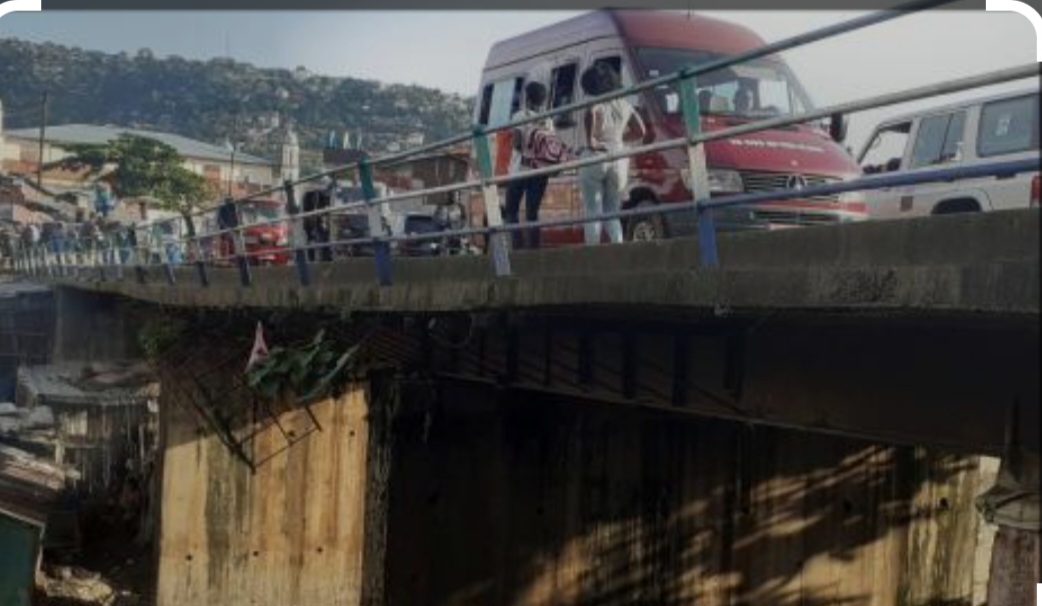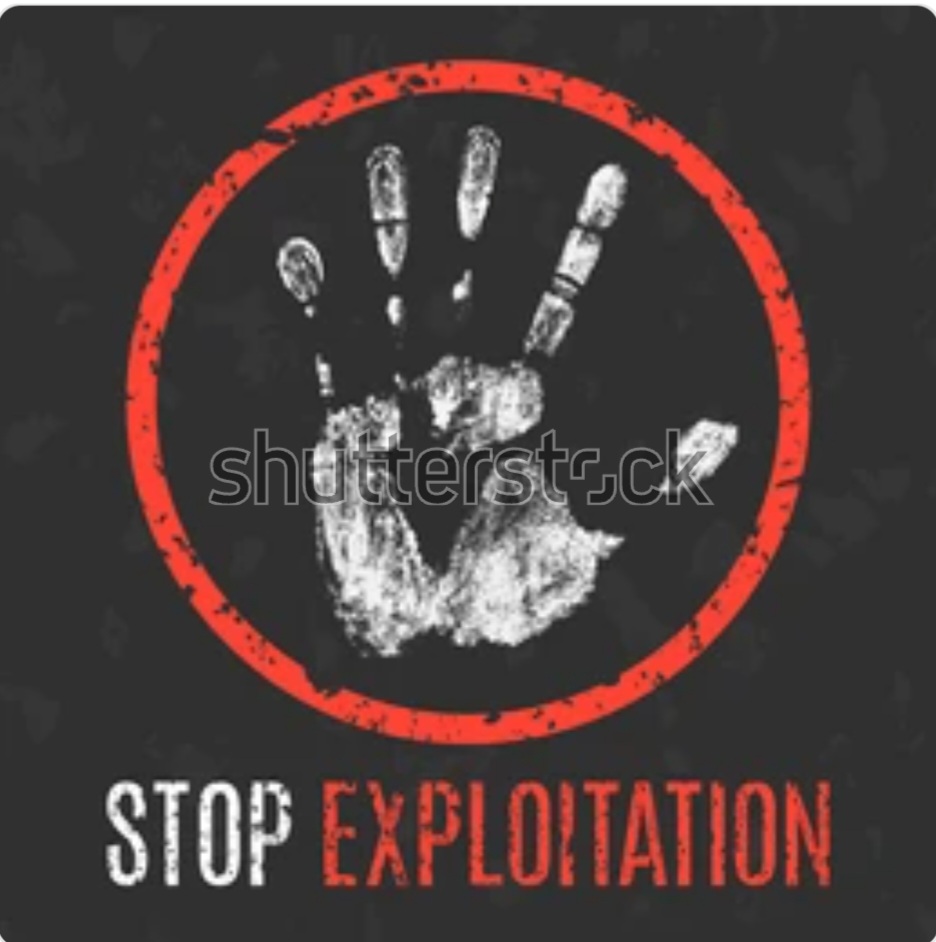By: Elizabeth A. Kaine
In recent months, Sierra Leone has witnessed a troubling surge in kidnapping incidents that threaten the safety and security of our communities. This alarming trend not only instills fear among citizens but also poses significant challenges to our social fabric and economic stability. The implications of rampant kidnapping extend far beyond individual victims; they ripple through families, neighborhoods, and the nation as a whole, necessitating urgent and comprehensive action.
The negative impact of kidnapping is multifaceted. Firstly, it creates a culture of fear that undermines public trust in law enforcement and governance. Citizens become increasingly wary of their surroundings, leading to a decline in community engagement and social cohesion. This fear can stifle economic activity as businesses hesitate to invest in areas perceived as unsafe, ultimately hindering our nation’s growth and development.
Moreover, the psychological toll on victims and their families can be devastating. Survivors often face long-term trauma, which can affect their mental health and ability to reintegrate into society. Families endure not only the emotional strain of worrying about their loved ones but also the financial burden that often accompanies ransom demands. The ripple effects of these incidents can disrupt entire communities, leading to a cycle of mistrust and instability.
To effectively combat this crisis, we must adopt a multi-pronged approach. Firstly, enhancing police training and resources is paramount. Law enforcement agencies need to be equipped with the necessary tools and skills to respond swiftly and effectively to kidnapping incidents. This includes not only improving investigative capabilities but also fostering community policing initiatives that build trust between officers and the communities they serve.
Additionally, public awareness campaigns are essential in educating citizens about personal safety and crime prevention. By equipping individuals with knowledge and resources, we empower them to take proactive measures to protect themselves and their families. Engaging community leaders and local organizations can amplify these efforts, ensuring that everyone is part of the solution.
Furthermore, a collaborative effort involving government, civil society, and international partners is crucial. Sharing intelligence on criminal networks and developing integrated approaches to crime prevention can enhance our collective capacity to tackle this issue. Initiatives that address the root causes of crime, such as poverty and lack of education, will also play a vital role in creating a safer environment for all.
Importantly, we must also consider the legal framework surrounding kidnapping. Stricter penalties for those involved in kidnapping, including significant prison sentences and heavy fines, should be implemented to deter potential offenders. This could include mandatory minimum sentences that reflect the severity of the crime, as well as measures to ensure that accomplices and those who harbor kidnappers are also held accountable. A zero-tolerance policy can serve as a strong message that such acts will not be tolerated in our society.
In conclusion, the rise of kidnapping in Sierra Leone is a pressing issue that demands immediate attention. Its negative impact on individuals, families, and communities cannot be overstated. By strengthening law enforcement, raising public awareness, fostering collaboration, and implementing stricter penalties, we can take significant steps toward addressing this crisis. As a nation, we must come together to reclaim our streets and ensure that every citizen can live without fear. The time for action is now.






